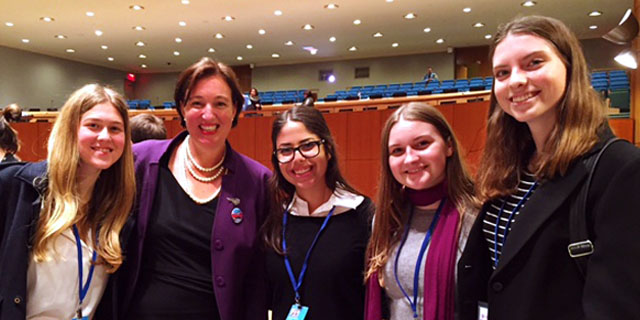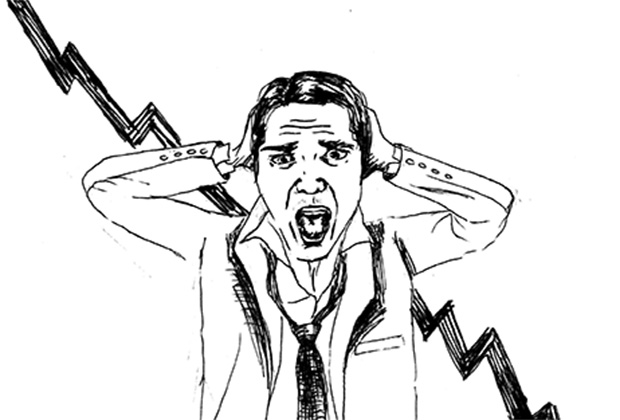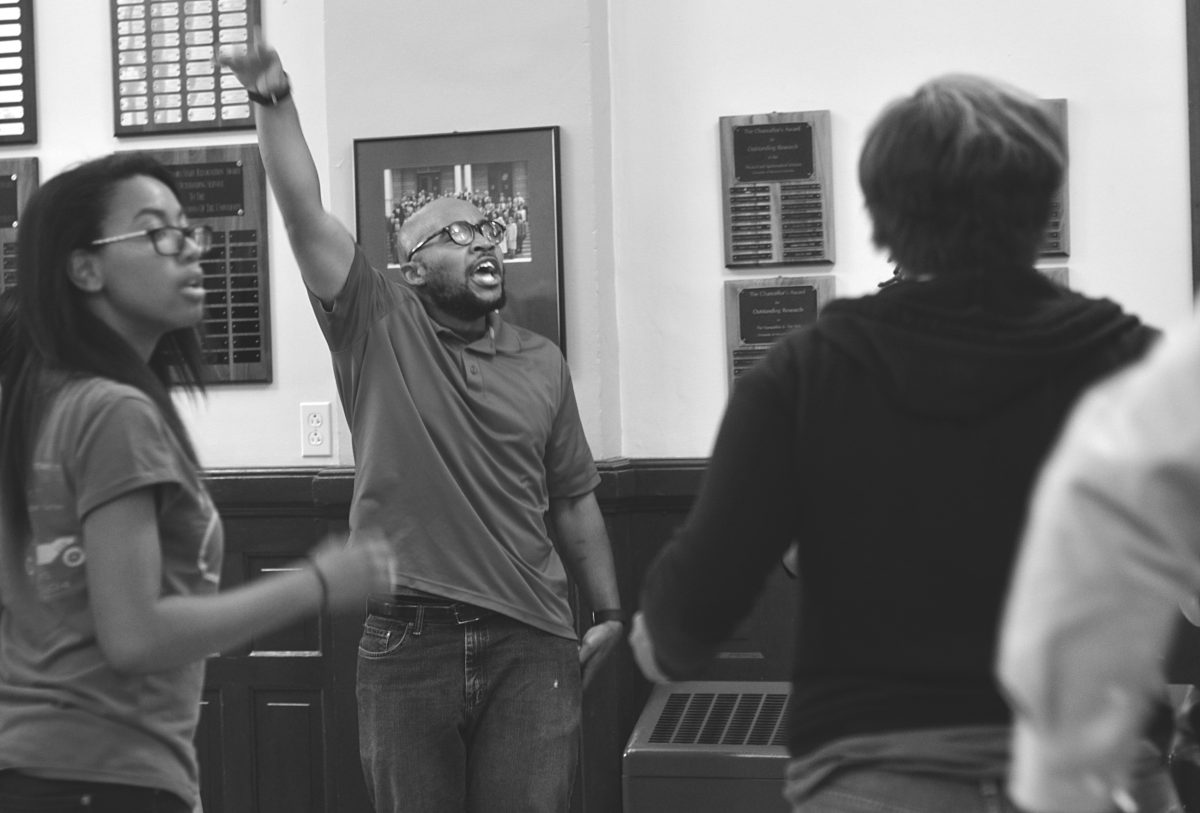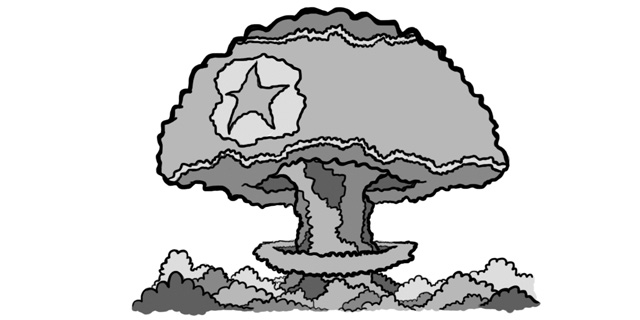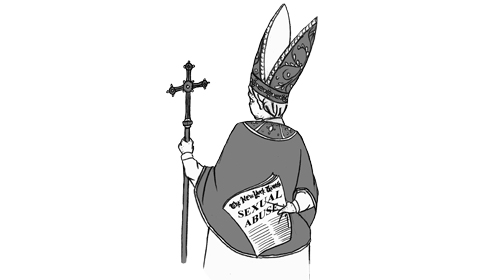
By: Isabel ’14
On Feb. 28, Pope Benedict XVI became the first pope in almost 600 years to resign. Although he cited poor health as the reason for his abrupt departure, many both inside and outside of the Catholic Church suspect that his mishandling of the widespread accusations of child molestation among clergy caused him to step down. The newly elected Pope Francis, formerly Cardinal Jorge Bergoglio, represents a significant and much needed difference from his predecessors, particularly in that he emphasizes service over sermons and hails from Latin America, like 39% of all Catholics.
But the sexual abuse scandals that shattered the public’s opinion of the church have roots far deeper than the removal of one man. The church must admit its mistakes and, moving forward, choose to prioritize the needs of Catholics over its own public image.
In 2004, a report commissioned by U.S. Conference of Catholic Bishops recorded 10,677 allegations of sexual abuse of minors against 4,392 priests in the US alone. Perhaps more shocking than the sheer volume of these incidents was the response of the clergy; many church officials have been accused of burying these incidents and allowing the accused clergymen to continue practicing. In 2005, the former pope joined the list of those implicated in cover-up attempts, when he was accused of conspiring to conceal the sexual abuse of three young boys by priest Juan Carlos Patino-Arango in the Archdiocese of Galveston-Houston, in Texas. In response, he claimed diplomatic immunity, as the head of state of Vatican City.
In many ways Pope Francis deviates significantly from previous popes. He is not only the first pope not from Europe but also the first selected from the Jesuit order, whose members take vows of poverty and emphasize connections with the population over specific catechism. As a Cardinal, Pope Francis was known for rejecting the luxuries of his position, abandoning a limousine and elegant residence in favor a small apartment and public transportation.
But the selection of a radically different pope is not enough to erase the Church’s desire to protect its own reputation above all else. It is difficult to imagine that the 117 cardinals that make up the papal conclave, which determines who becomes pope, are innocent of the Church’s extensive cover-ups. The most prominent example is that of Cardinal Richard Mahony, former archbishop of Los Angeles. Documents show Mahony sent former priest and confessed pedophile Michael Baker for psychological treatment in 1986 but allowed him to return to a church position the following year. By 2000, when he was finally forced out, Baker had molested an estimated 20 boys over his 26-year career.
Mahony, however, is one of only a small handful of church officials who has been publicly acknowledged as participating in the cover-ups; in January 2013 he was stripped of the title of archbishop, although he was still allowed to participate in the conclave.
Neither the removal of a pope entangled in the sexual abuse scandals nor the scapegoating of officials such as Mahoney addresses the underlying issues within the Church. The system that led to the concealment and therefore the perpetuation of sexual abuse does not stem from the actions of one man, or two men, or even ten. Rather, it is the result of a longstanding policy that prioritized the reputation of the Church over the security of those dependent upon it which must now be eradicated.



